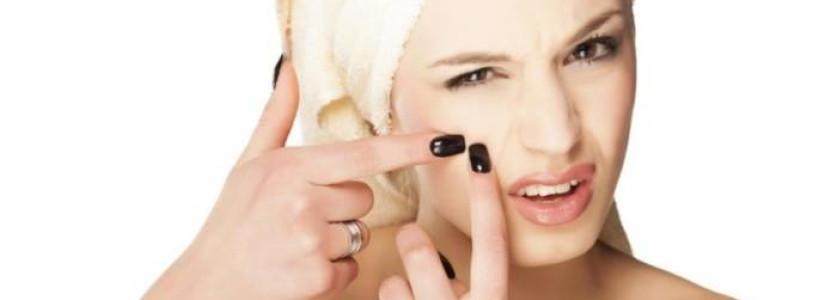CT- scan and MRI centers in Kathmandu
6 November, 2020CT- scan and MRI centers in Kathmandu...
Read More
What is Pimple or acne?
Acne is the medical term for pimples. They are the disorders of pilo-sebaceous unit, i.e. hair follicle and sebaceous gland (oil secreting gland). They occur when pores get clogged with dead skin and oil, and bacteria accumulate. Then, the skin gets inflamed and can turn red or swell. It is the most common skin disorder, affecting an estimated 85 percent of adolescents in western countries, whereas in Nepal and India, it’s around 40-50% in adolescents.
How does acne develop?
There are four basic events involved in the development of acne lesions.
What are the aggravating factors of acne?
Multiple factors have been proposed to cause precipitation or aggravation of acne including cosmetics, drugs, stress, hormones, sunlight, seasonal variation etc.
Stress — Psychological stress can probably worsen acne. Acne severity appeared to worsen during times of increased stress. Stress is frequently implicated in the aggravation of acne while acne itself induces stress.
Hormonal changes — Hormonal changes during adolescence cause the sebaceous glands to become enlarged. Although acne is principally a disorder of adolescence, the prevalence of adult patients with acne is increasing.
Diet — The role of diet in acne is controversial though studies have found weak associations between cow's milk and an increased risk of acne, perhaps because of hormones that occur naturally in milk. However, there is no strong evidence that milk, high-fat foods, or chocolate increase the risk of acne.
Is there anything I can do on my own to reduce acne?
Yes. The way you take care of your skin has a big effect on your acne. Here's what you should do:
How is acne treated?
There is no single best treatment for acne and is also individualized. Treatment depends upon the grade of the disease using different types of medicines. Please don’t use the medication without the doctor’s supervision.
Can I treat my own acne in these Lock Down periods?
Do not use OTC (over the counter) product that contain steroids. If you have mild acne, you may try non-prescription acne products like facewash. But, you need to be under observation of skin doctor. In rare cases, you might have a severe allergic reaction to these products, so for the first 3 days, try them on just a small area. If you do not improve after 3 months, or if you have moderate or severe acne, you must visit dermatologist.
What about my scars from acne?
Try not to pick up the pimples or use harsh measures. If you have severe or ugly scar, they might need some treatment using some surgeries, LASER or chemicals or combination of all of those. But, majority of the scars would heal with time. Protect from sunlight to prevent pigmentation.
What if I get pregnant during medicine use?
Discuss with the doctor about planning of your family before starting any medication. Many of medicines used in acne could be harmful in the pregnancy.
Leave a comment